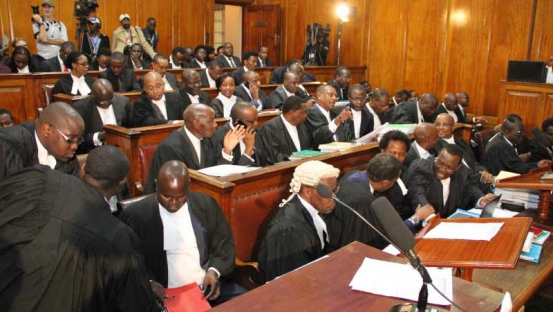×
The Standard e-Paper
Fearless, Trusted News

Two months after turning the tables on President Uhuru Kenyatta and upsetting the system, all eyes are back on Chief Justice David Maraga tomorrow as he delivers yet another decisive poll verdict.
On September 1, he pushed the country back to another presidential election with an ominous warning on the Independent Electoral and Boundaries Commission (IEBC) to strictly observe the law or face the same music.